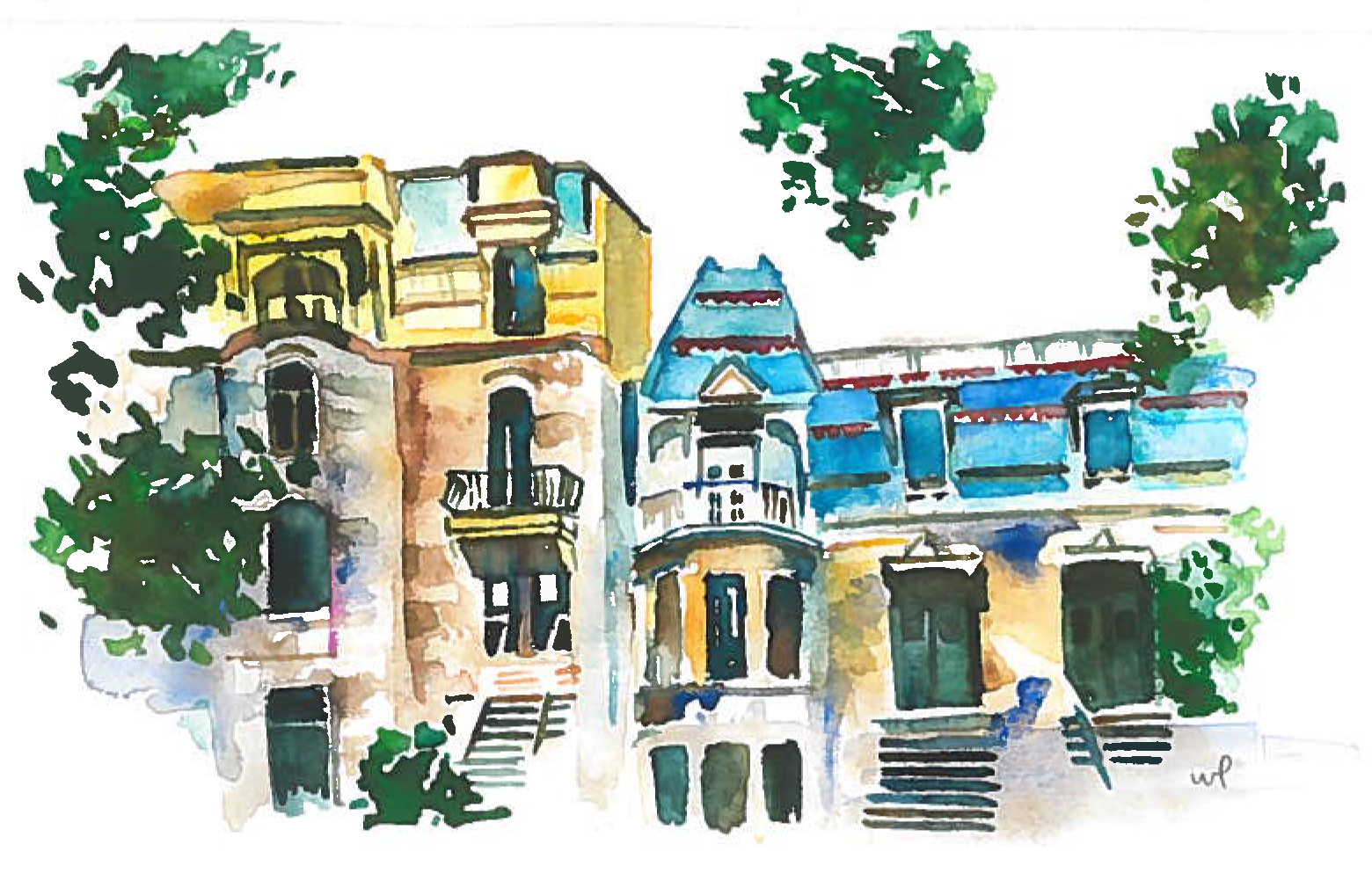As the semester unfolds, problems with noise and neighbours emerge. The downstairs neighbour may be excited to have moved away from their parents’ place, and has decided to put together a band. While this in itself may not be so bad, they decide to practice during ideal study moments. To top it all off, the upstairs neighbour is hosting nightly parties. The noise is nearly as unbearable as trying to navigate construction on McTavish Street. While earplugs might work in a pinch, the following are ideas for a more long-term solution to noisy apartments based on what Quebec law says about the rights and responsibilities of tenants and landlords.
What can a tenant do when they are faced with noise problems?
Landlords are legally obliged to provide tenants with peaceable enjoyment of the dwelling. This means that, in certain situations, the landlord may be called upon to correct disruptive situations. For example, noise that is beyond the normal level of neighbourhood annoyance may be considered a violation of the tenant’s right to the peaceable enjoyment of the apartment
According to the Régie du logement, Quebec’s rental board in charge of overseeing residential lease disputes, tenants should initially try to speak with their neighbours and request that they lower their noise levels. That said, the landlord is responsible for trying to remedy conflicts between tenants, and, as a result, may be responsible for the inconveniences and damages suffered by a tenant due to the disruptive behaviour of others. However, because landlords often live elsewhere, they won’t know about noise issues unless informed by an occupant. Therefore, if speaking with the neighbours doesn’t work, a tenant can complain to the landlord, either verbally or through a formal notice by registered mail.
This notice would lay out all the facts relevant to the dispute and formally demand that the landlord take action within a reasonable period of time. It is useful for the tenant to keep a record of when the disturbance occurs and to gather any relevant evidence, such as sound recordings or even police reports. If necessary, the landlord could ask the Régie to cancel the remaining time on the troublesome party’s lease, thereby requiring the noisy individual to move out.
If all else fails
If, after notifying the landlord, the problem persists, a tenant can ask the Régie du logement for a reduction in their rent. The tenant could even ask for their own lease to be cancelled. If the landlord fails to act with prudence and diligence, the tenant may also ask the Régie to order the landlord to pay money to compensate for any injury the tenant suffered, such as emotional stress and expenses incurred in trying to fix the problem that the landlord was ignoring. Finally, when a noisy tenant disturbs other tenants’ enjoyment of their dwelling, a court may find the troublesome tenant liable for damages that result from the disturbance created for other tenants. If a landlord or noisy tenant won’t pay under a court order, the person entitled to the money can follow legal procedures to enforce the court judgement. While taking people to court is possible, tenants must bear in mind that they are required to formally advise the landlord of the disturbance before pursuing legal action.
Each borough in Montreal has adopted its own regulations that define the types of noises that are forbidden and the options that are available to assert one’s rights. To inquire about these, or to ask your own legal question, contact the Legal Information Clinic at McGill (LICM) with the directions found on our website. According to the Act respecting the Barreau du Québec, only lawyers and notaries can provide legal advice or counsel. The LICM, therefore, only provides legal information. For legal advice, please contact a lawyer.









